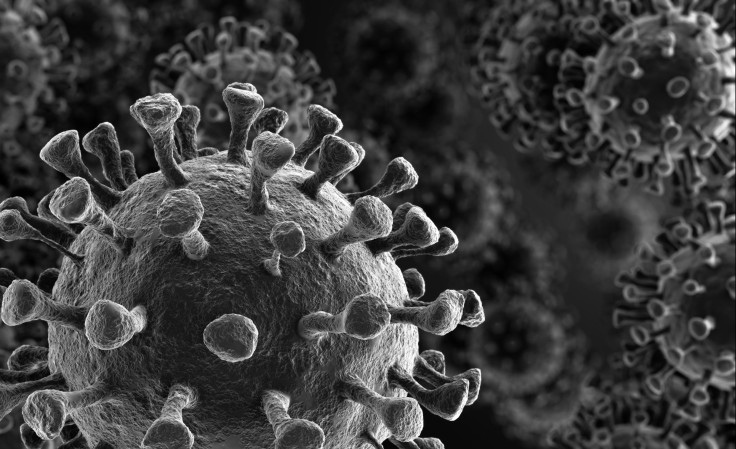
Ongoing mutations in the novel coronavirus may soon make it capable to bypass the preventive tools and strategies being used by humans to prevent infection, including using a facemask and frequent handwash.
These are the findings of a new study that point to the possibility that the social-distancing efforts may eventually fail. In the paper published on Wednesday, Sept. 23, the researchers have provided the details of a mutated form of coronavirus that accounted for almost 99 percent of cases of infection as a part of the second wave of COVID-19 in Houston, Texas.
The researchers note that the mutation, identified as D614G, is known to possess a higher viral load and is considered to be more contagious than its predecessors. They, however, added that even though it is not more deadly but it has mutated and adapted to spread better among humans.
According to David Morens, a virologist at the National Institute of Allergy and Infectious Diseases, the contagious nature of the mutated version of coronavirus “may have implications for our ability to control it.”
“Wearing masks, washing our hands, all those things are barriers to transmissibility or contagion, but as the virus becomes more contagious, it statistically is better at getting around those barriers,” he said during an interview.
That means that the novel coronavirus may have slowly adapted to bypass everything that humans can do from safeguarding themselves against the infection. Social distancing, frequent handwashing and the use of facemasks are the three most important guidelines issued by the World Health Organization (WHO) for prevention against COVID-19.
So far, more than 32 million people have been affected by COVID-19 and more than 980,000 people have lost their lives in the pandemic. The U.S. continues to remain the hardest-hit country so far in terms of the total number of cases. India, on the other hand, is the second worst-affected country with more than 5.5 million cases.
© 2025 Latin Times. All rights reserved. Do not reproduce without permission.




